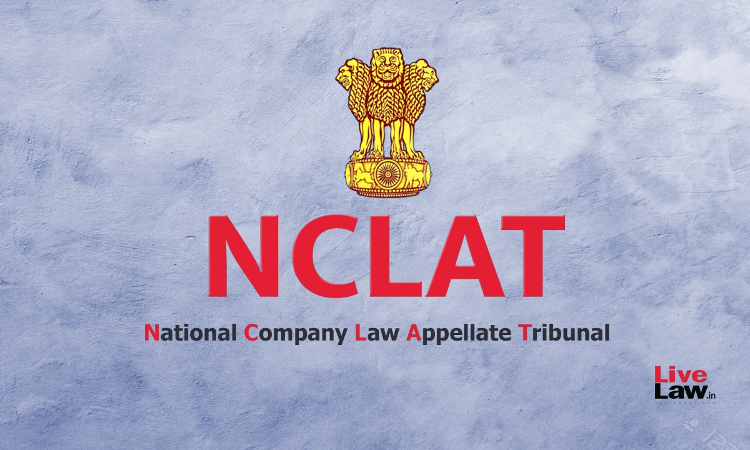S. 66 Of IBC: Fraud Includes A Debt Which Debtor Has No Intention To Repay: NCLAT Delhi
Pallavi Mishra
14 April 2023 11:27 AM IST

Next Story
14 April 2023 11:27 AM IST
The National Company Law Appellate Tribunal (“NCLAT”), Principal Bench, comprising of Justice Rakesh Kumar Jain (Judicial Member) and Shri Naresh Salecha (Technical Member), while adjudicating an appeal filed in Shri Baiju Trading and Investment Private Limited v Mr. Arihant Nenawati & Ors., has held under that ‘fraud’ for the purpose of Section 66 of IBC would consist of debts...
